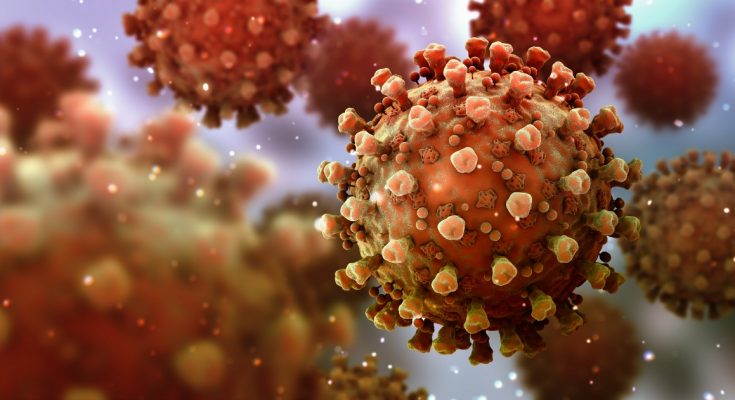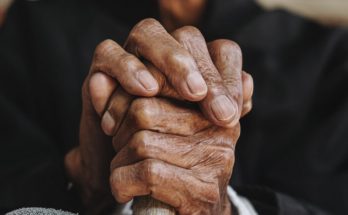The rate that COVID-19 is spreading across Georgia and the U.S. is rising because finally coronavirus testing is rolling out across the country. But I believe the virus has been in the U.S. for months spreading out of control. Millions of Americans have recovered from COVID-19.
I say this because as a person who rarely gets sick, in early February I was put on my back by something that had all the flu symptoms – fever, chills, body aches, weakness, shortness of breath and a dry cough that hurt my chest. I used many natural remedies, was in bed for three days without food only liquids. It took nearly two weeks for me to feel normal again.
I read an article on Elemental.Medium.com written by Dana G. Smith that must be shared with BlackGwinnett Magazine readers. Smith’s article details exactly how our immune system responds to the coronavirus. It is exactly what I experienced and very informative.
This Is How Your Immune System Reacts to Coronavirus
Written by Dana G. Smith
People infected with the novel coronavirus can have markedly different experiences. Some report having nothing more than symptoms of a mild cold ; others are hospitalized and even die as their lungs become inflamed and fill up with fluid. How can the same virus result in such different outcomes?
Scientists are still perplexed by the novel coronavirus. But it’s becoming increasingly clear that the immune system plays a critical role in whether you recover from the virus or you die from it. In fact, most coronavirus-related deaths are due to the immune system going haywire in its response, not damage caused by the virus itself. So what exactly is happening in your body when you get the virus, and who is at risk for a more severe infection?
When you first become infected, your body launches its standard innate immune defense like it would for any virus. This involves the release of proteins called interferons that interfere with the virus’s ability to replicate inside the body’s cells. Interferons also recruit other immune cells to come and attack the virus in order to stop it from spreading. Ideally, this initial response enables the body to gain control over the infection quickly, although the virus has its own defenses to blunt or escape the interferon effect.
The innate immune response is behind many of the symptoms you experience when you’re sick. These symptoms typically serve two purposes: One is to alert the body that an attack has occurred — this is thought to be one of the roles of fever, for example. The other purpose is to try and get rid of the virus, such as expelling the microscopic particles through cough or diarrhea.
“What typically happens is that there is a period where the virus establishes itself, and the body starts to respond to it, and that’s what we refer to as mild symptoms,” says Mandeep Mehra, MD, a professor of medicine at Harvard Medical School and chair in advanced cardiovascular medicine at Brigham and Women’s Hospital. “A fever occurs. If the virus establishes itself in the respiratory tract, you develop a cough. If the virus establishes itself in the gastrointestinal mucosal tract, you’ll develop diarrhea.”
These very different symptoms emerge depending on where in the body the virus takes hold. The novel coronavirus gains entry into a cell by latching onto a specific protein called the ACE2 receptor that sits on the cell’s surface. These receptors are most abundant in the lungs, which is why Covid-19 is considered a respiratory illness. However, the second-highest number of ACE2 receptors are in the intestines, which could explain why many people with the coronavirus experience diarrhea.
“Because the virus is acquired through droplets, if it comes into your mouth and enters your oropharynx, it has two places where it can go from there. It can transition into the lung from the oropharynx when you breathe in, or if you have a swallow reflex, it’ll go down to your stomach,” Mehra says. “That’s how it can affect both sites.”
The goal of the innate immune defense is to contain the virus and prevent it from replicating too widely so that the second wave of the immune system — the adaptive, or virus-specific response — has enough time to kick in before things get out of hand. The adaptive immune response consists of virus-specific antibodies and T cells that the body develops that can recognize and more quickly destroy the virus. These antibodies are also what provide immunity and protect people from becoming reinfected with the virus after they’ve already had it.
Click here to continue reading the original article at elemental.medium.com





